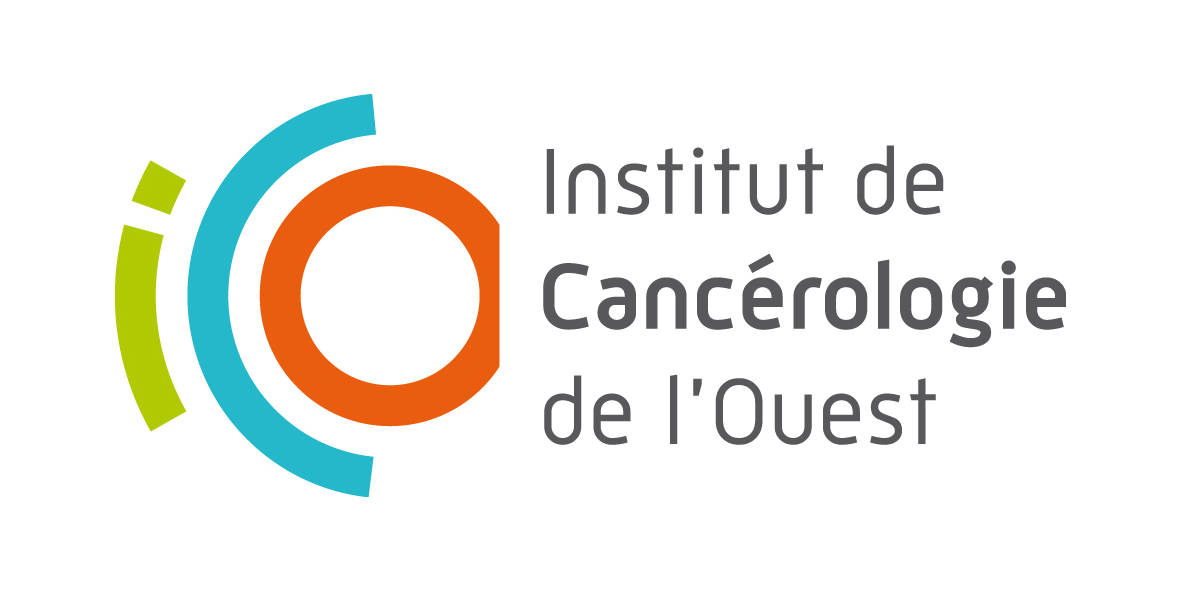Rucaparib in patients presenting a metastatic breast cancer with homologous recombination deficiency, without germline BRCA1/2 mutation
Résumé
Background: Breast cancer may present genomic alterations leading to homologous recombination deficiency (HRD). PARP inhibitors have proven their efficacy in patients with HER2-negative (HER2-) metastatic breast cancer (mBC) harbouring germline (g) BRCA1/2 mutations in 3 phases III trials. The single-arm phase II RUBY trial included 42 patients, 40 of whom received at least one dose of rucaparib. RUBY study assessed the efficacy of rucaparib in HER2-mBC with either high genomic loss of heterozygosity (LOH) score or non-germline BRCA1/2 mutation.
Patients and methods: The primary objective was the clinical benefit rate (CBR), and the study was powered to see 20% CBR using a 2-stage Simon design.
Results: The primary-end point was not reached with a CBR of 13.5%. Two LOH-high patients, without somatic BRCA1/2 mutation, presented a complete and durable response (12 and 28.5 months). Whole-genome analysis was performed on 24 samples, including 5 patients who presented a clinical benefit from rucaparib. HRDetect tended to be associated with response to rucaparib, without reaching statistical significance (median HRDetect responders versus non-responders: 0.465 versus 0.040; p = 0.2135). Finally, 220 of 711 patients with mBC screened for LOH upstream from RUBY presented a high LOH score associated with a higher likelihood of death (hazard ratio = 1.39; 95% CI: 1.11–1.75; p = 0.005).
Conclusion Our data suggest that a small subset of patients with high LOH scores without germline BRCA1/2 mutation could derive benefit from PARP inhibitors. However, the RUBY study underlines the need to develop additional biomarkers to identify selectively potential responders
| Origine | Publication financée par une institution |
|---|
